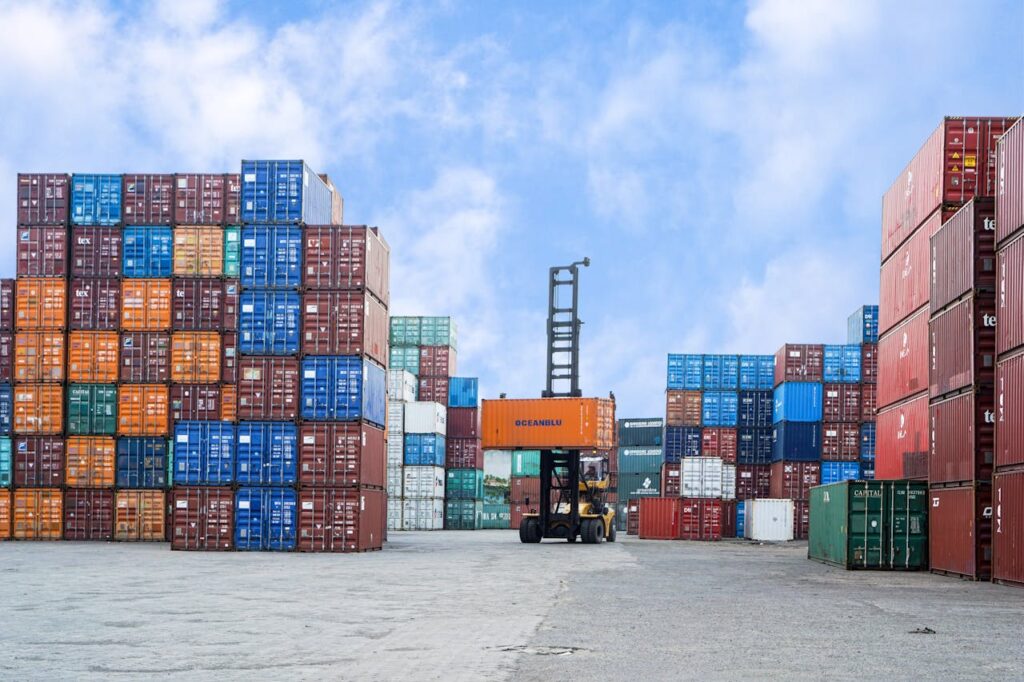The Mexican Institute for Competitiveness (IMCO) outlined four scenarios for the future of the USMCA.
The first joint review of the USMCA is scheduled for July 1, 2026. If, on or before the joint review, Mexico, the United States, and Canada do not extend the USMCA, the trade agreement will end in 2036.
Future of the USMCA
As of the review date in July 2026, the following possible paths for the future of the USMCA are open, according to Imco:
- The three governments agree to extend the agreement for 16 years, that is, until 2042, and the next review would be in 2032.
- The review becomes a renegotiation that involves opening the chapters of the agreement and making substantial modifications. This scenario would potentially involve concessions from Mexico and Canada, where the countries accept restrictions in exchange for long-term certainty.
- If at least one of them does not confirm the extension, the Treaty is not immediately canceled, but enters into a scheme of annual reviews until 2036 (original term of the USMCA). This would extend the uncertainty beyond 2026.
- One of the parties withdraws from the agreement unilaterally with six months’ notice. This scenario would open the door to the negotiation of bilateral agreements, where Mexico and Canada would be at a disadvantage vis-à-vis the United States.
Background
At the regional level, Mexico is part of the USMCA, which replaced NAFTA in 2018. The treaty was signed by the presidents of Mexico, the United States, and Canada on November 30 of that year. Its goal is to modernize trade between the three countries, promoting freer and fairer markets and solid economic growth.
The Mexican Senate ratified the USMCA on June 19, 2019. It entered into force on July 1, 2020. Since then, the government has published and amended several laws to comply with its commitments.
On Wednesday, Economy Secretary Marcelo Ebrard said Mexico will focus its review of the USMCA on three main demands. Mexico wants the United States to eliminate tariffs on automobiles, steel, and aluminum, withdraw anti-dumping quotas on tomatoes, and comply with a panel ruling on automotive rules of origin.

